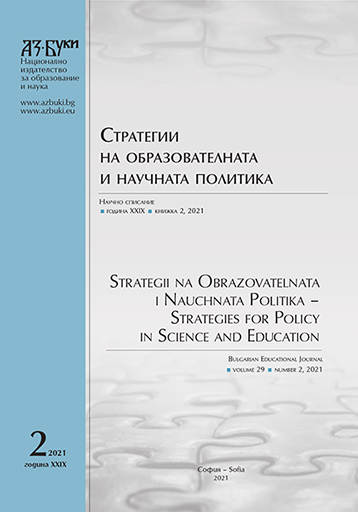The Problem of the Totalitarian Nature of the Information Society in the Context of its Influence on Social Institutions
The Problem of the Totalitarian Nature of the Information Society in the Context of its Influence on Social Institutions
Author(s): Vladislav Sheleketa, Vasilij Ivakhnov, Irina Dmitrieva, Natalia RevenkoSubject(s): Philosophy, Social Sciences, Education, Psychology, History of Philosophy, Philosophical Traditions, Special Branches of Philosophy, Contemporary Philosophy, Existentialism, Philosophy of Mind, Educational Psychology, Social psychology and group interaction, Psychology of Self, Phenomenology
Published by: Национално издателство за образование и наука „Аз-буки“
Keywords: information society; social Institute; transformation of consciousness; simulacra; technique; manipulation
Summary/Abstract: The article discusses the features of the process of transformation of human consciousness and educational culture in the conditions of the modern information society in the context of digitalization. By using such concepts, the theory of postmodernism and existentialism, the authors prove the legitimacy of the explication of these theories on the processes of transformation of human consciousness and radical changes in educational culture. At the same time, the necessity of critical reflection on the processes and phenomena from the perspective of the basic values of human life, such as love, moral values, creativity, is emphasized. The role of independent and systemic thinking as a condition for self-realization is also proved. The phenomenology of modern consciousness, intertwined with the phenomena of technology, is the basis of the existential analysis of consciousness. According to the authors, it is an utmost technological and utilitarian orientation of consciousness. Consciousness today is a reflection of the technological orientation of society and this cannot but affect the educational culture, which is becoming technological. The information space modulates the independence of thinking as a support for authoritative opinions, awakening the needs for material well-being, to the detriment of the dialogic nature of thinking and the independence of thinking.
Journal: Философия
- Issue Year: 30/2021
- Issue No: 1
- Page Range: 32-41
- Page Count: 10
- Language: English
- Content File-PDF

